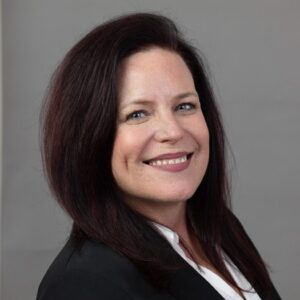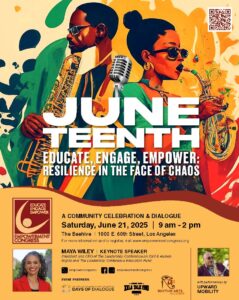
In today’s polarized world, where political affiliations often draw stark dividing lines between communities, the power of dialogue remains one of the most essential tools for fostering understanding and healing. Dialogue is not a process exclusive to any political ideology—it transcends party lines, standing as a bipartisan approach to addressing the complex issues we face as a society.
Dialogue: A Bridge, Not a Wall
At its core, dialogue is about listening and speaking with intent and respect. It’s a process where individuals from diverse backgrounds come together to share their stories, perspectives, and experiences. Unlike debates that often aim to win arguments, dialogues aim to foster mutual understanding. They create a space where differences are acknowledged and respected, not as obstacles but as opportunities for growth and connection.
This approach is crucial in a democracy that thrives on the exchange of ideas and collaboration. Dialogue serves as a bridge, bringing together people from different political spectrums to explore common ground and shared values. It is a reminder that our collective humanity is far more significant than our political differences.
Bipartisanship in Dialogue
The beauty of dialogue lies in its inherent bipartisanship. It’s not about being Democrat or Republican; it’s about being human. Engaging in dialogue allows us to move beyond labels and stereotypes, focusing instead on the issues that matter to us all—community safety, mental health, education, and more. By participating in dialogue, we acknowledge that solutions to these issues require input and cooperation from all sides.
This bipartisan nature of dialogue is essential for a functioning democracy. It’s a process that encourages civic engagement and active citizenship, where everyone’s voice matters. In a time when political discourse often feels divisive, dialogue reminds us that we can still come together to discuss, understand, and work towards solutions that benefit all.
Healing Through Dialogue
The importance of dialogue extends beyond politics; it’s a vital tool for healing. Whether it’s communities affected by natural disasters, families grappling with loss, or groups facing systemic injustices, dialogue offers a path to collective healing. It provides a platform where individuals can express their pain, hear others, and begin the journey towards reconciliation and recovery.
A Personal Note on the LA Fires
The recent LA fires have left an indelible mark on our community, bringing immense loss and devastation. However, in the face of this tragedy, I have witnessed something truly remarkable—the way communities have come together in the most inspiring of ways during the worst of times. Rather than placing blame, we have seen neighbors supporting one another, offering shelter, food, and comfort to those who have lost so much.
This spirit of togetherness is a testament to the strength of our community and the power of dialogue. As we move forward, let us continue to support everyone affected by these fires, providing them with the care and compassion they need to heal. Dialogue can be a powerful tool in this process, helping us to understand each other’s experiences and find collective paths to recovery.
Conclusion
Dialogue is a bipartisan process that holds the potential to transform our society. It challenges us to listen, to empathize, and to find solutions that transcend political affiliations. In a world that often seems divided, dialogue stands as a beacon of hope, reminding us that through conversation and understanding, we can build a better, more inclusive future for all.
Let us embrace dialogue, not as a political tool but as a human necessity, and take the first steps towards bridging the divides that separate us.

